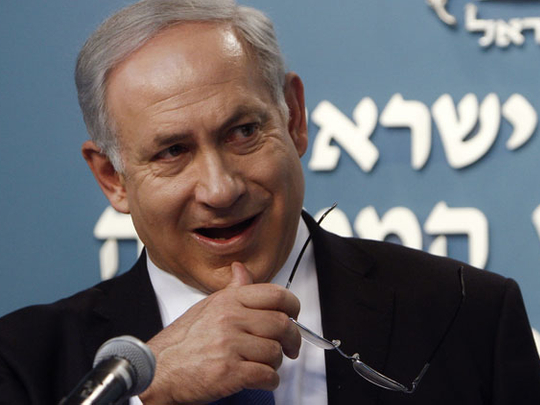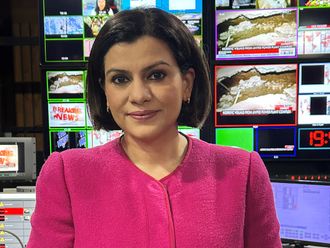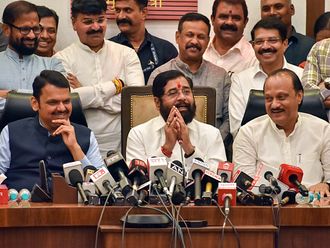
It is hardly surprising that Israeli Prime Minister Benjamin Netanyahu has decided not to attend this week's nuclear summit in Washington.
For years Israel has flouted international norms, prime examples being its treatment of Palestinians in the Occupied Territories and its refusal to come clean on its nuclear arsenal, which poses a threat to the security of countries neighbouring the Jewish state.
On Friday, Israeli officials said Netanyahu was expected to send a deputy to the 47-country conference in Washington, having received reports that countries such as Turkey and Egypt would use the event to renew calls for Israel to sign the Nuclear Non-Proliferation Treaty (NPT).
The NPT, finalised four decades ago, remains the main instrument for monitoring the status of signatory states' nuclear programmes, with an eye on proliferation and weaponisation.
It is widely believed that Israel's Dimona nuclear reactor has been used to build an arsenal of nuclear weapons, and there is a compelling case for Tel Aviv to be forced to open its facilities to independent inspectors.
Non-event
Given Israel's stubbornness, the Washington gathering, hosted by US president Barack Obama, is unlikely to achieve much. It is clear that if Israel will not declare its nuclear assets and allow its statements to be independently verified, countries such as Pakistan the Muslim world's only nuclear power cannot be expected to comply.
In the eyes of the Western world, Pakistan is viewed with deep suspicion as a result of the revelations in 2003 that Abdul Qadeer Khan, founder of the country's nuclear programme, traded nuclear know-how and technology with Iran, Libya and North Korea.
Seven years later, Pakistan has made considerable progress in tightening security around its nuclear facilities. A range of measures has been put in place to ensure that no further proliferation takes place.
Nevertheless, the US continues to reject Pakistan's call for a civil nuclear agreement matching that signed with India. Pakistanis are disturbed by what they perceive as double standards, given that they feel their country is making a genuine effort to play a role as a regional stabiliser.
Pakistan is in real need of a nuclear reactor to meet its electricity generation needs. The regular power shortages across the country have led to growing street protests in some parts.
Washington's treatment of Israel on matters ranging from humanitarian issues involving Palestinians to security affairs, notably its nuclear programme is seen by the majority of people in many Muslim countries as a case of double standards. Among Israel's Arab neighbours, including those with governments allied to the US, there is a lack of trust towards Washington.
Avoiding embarrassment
Given all this, Netanyahu's decision to stay away from the Washington conference makes perfect sense. He is accustomed to US tolerance of Israel's nuclear build-up, and he doesn't expect this to change. But he understandably wants to avoid possible public humiliation.
Going forward, Obama's ability to seek wider support from Muslim countries for his non-proliferation efforts will likely suffer as long as the US fails to acknowledge the security risks that Israel's nuclear arsenal poses to its neighbours.
In the immediate future, this will emerge as a contentious issue as the US president seeks wider support for his efforts to curb Iran's nuclear programme. Even if the governments of Muslim countries allied to the US ultimately support Washington in this effort, their people will not and public opinion in these countries will turn further against Obama.
Creating a more secure global environment will require a fundamental shift in Washington's understanding of Israel. It needs to look at the country not just as a US ally, but also as a growing liability, detrimental to its interests.
Without such a fundamental policy shift, the Washington summit labelled as a landmark event will be just another in a long line of attempts that have failed to bridge the gap between the US and key components of populations across the Islamic world.
Farhan Bokhari is a Pakistan-based commentator who writes on political and economic matters.








